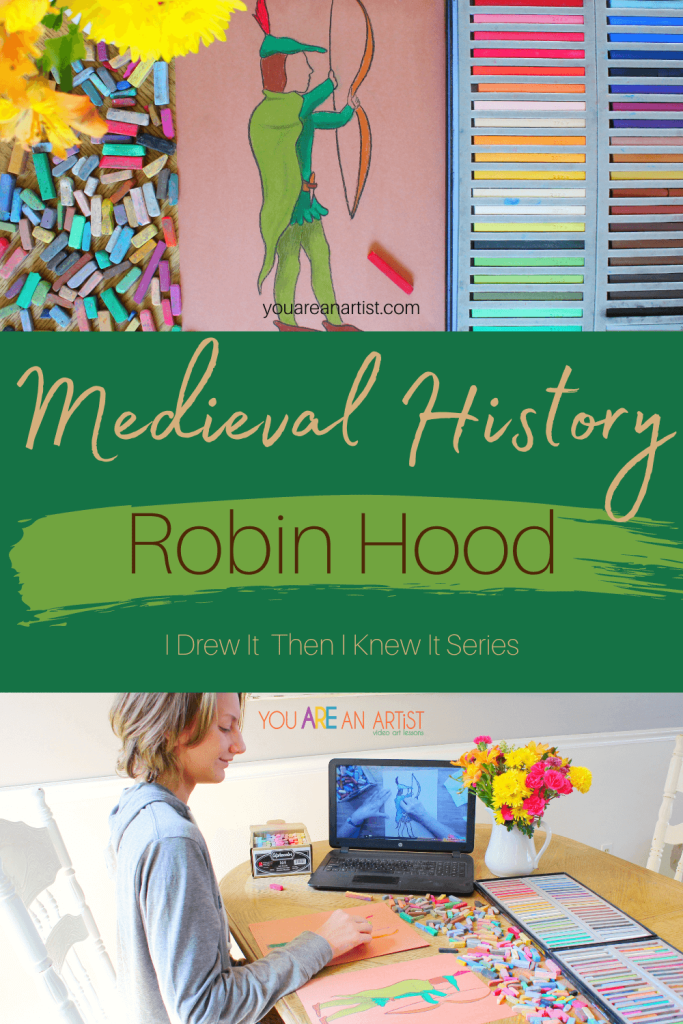In today’s fast-paced world, it’s essential to understand the historical roots that have shaped our modern society. One such pivotal period is the Middle Ages, also known as the Medieval period, which spanned from the 5th to the 15th century. Introducing a comprehensive Medieval History curriculum in schools offers students a fascinating glimpse into this transformative era that profoundly influenced the course of human civilization.
The Importance of Teaching Medieval History
Understanding the Medieval period is crucial for students to comprehend the evolution of political systems, societal structures, cultural developments, and technological advancements. By immersing themselves in the study of Medieval history, students gain valuable insights into the challenges and triumphs of this era, laying the foundation for a deeper understanding of contemporary society.
Key Components of a Medieval History Curriculum
A well-crafted curriculum should include a diverse range of topics to offer a comprehensive understanding of Medieval history. This should encompass aspects such as feudalism, the role of the Catholic Church, the Crusades, the rise and fall of powerful empires, everyday life, technological innovations, and the impact of the Renaissance. Each component provides a unique perspective on the Medieval world, creating a rich tapestry of knowledge for students to explore.
Teaching Approaches and Resources
To make the curriculum engaging, it is essential to employ a variety of teaching approaches and resources. Incorporating interactive activities, such as role-playing exercises, historical simulations, and multimedia presentations, can bring the Medieval era to life in the classroom. Additionally, utilizing primary sources, such as letters, manuscripts, and artifacts, allows students to connect directly with historical events, fostering a deeper appreciation for the period.

Credit: www.teachstudentsavvy.com
The Integration of Technology
In today’s digital age, integrating technology into the curriculum enhances the learning experience. Utilizing educational software, virtual tours of historical sites, and interactive apps can transport students back in time, enabling them to witness the grandeur and the challenges of the Medieval period in a dynamic and engaging manner.

Credit: chalkpastel.com
Benefits of Studying Medieval History
Embracing the study of Medieval history offers various benefits beyond understanding the past. It encourages critical thinking, fosters a global perspective, and nurtures an appreciation for diverse cultures. Moreover, students develop research skills, analytical thinking, and the ability to draw parallels between historical events and contemporary issues, thus preparing them for a well-rounded and informed view of the world.
The Role of Field Trips and Guest Speakers
Enhancing the curriculum with field trips to historical sites and inviting guest speakers, such as historians and archaeologists, can provide students with firsthand experiences and valuable insights. This immersive approach not only reinforces classroom learning but also sparks a lifelong passion for history, archeology, and the preservation of cultural heritage.
Measuring Learning Outcomes
Assessing the effectiveness of the curriculum is crucial. Potential evaluation methods include research projects, presentations, written assignments, and collaborative group work. This multifaceted approach allows educators to gauge students’ understanding of Medieval history and their ability to analyze, synthesize, and communicate their knowledge effectively.
Embracing Diversity and Inclusivity
It’s essential to present a comprehensive and inclusive view of Medieval history, encompassing the experiences of diverse cultures, genders, and social classes. By examining multiple perspectives, schools foster an environment of empathy, understanding, and respect for the varied narratives that shape our collective history.
Culminating Projects and Presentations
Concluding the curriculum with culminating projects and presentations allows students to synthesize their learning and showcase their understanding of the Medieval period. Encouraging creativity and critical thinking, such exercises provide a platform for students to demonstrate their grasp of key concepts while honing their presentation and communication skills.
Frequently Asked Questions For Unlocking The Past: Engaging Medieval History Curriculum For Schools
Faq 1: Why Is Studying Medieval History Important In Schools?
Studying medieval history in schools is important as it lays the foundation for understanding our past, shaping our present, and preparing for the future.
Faq 2: How Does Learning About Medieval History Benefit Students?
Learning about medieval history benefits students by fostering critical thinking skills, expanding cultural awareness, and providing insights into societal development.
Faq 3: What Topics Are Covered In A Medieval History Curriculum?
A medieval history curriculum typically covers topics such as feudalism, castles, knights, the Crusades, the Black Death, and significant historical figures.
Faq 4: How Does Studying Medieval History Promote Cultural Sensitivity?
Studying medieval history promotes cultural sensitivity by exposing students to diverse cultures, beliefs, and practices that existed during that period.
Conclusion
Embracing a comprehensive Medieval History curriculum in schools offers students a unique opportunity to delve into a transformative period of human history. By fostering critical thinking, empathy, and a global perspective, this curriculum equips students with the knowledge and skills needed to navigate the complexities of our modern world.
Guest Author Sakhawat-Shuvo wrote and edited this Article based on his best knowledge and understanding. These opinions and remarks are not endorsed or guaranteed by epichistoria.com or EpicHistoria. The Epic Historia does not guarantee this article’s content. Readers should verify and use their judgment before trusting the content. Also, the Images used in this Article are the copyright of their Respective Owners. Please use our Comment Box or Contact Us form to report this content. This information is not accountable for losses, injuries, or damages.